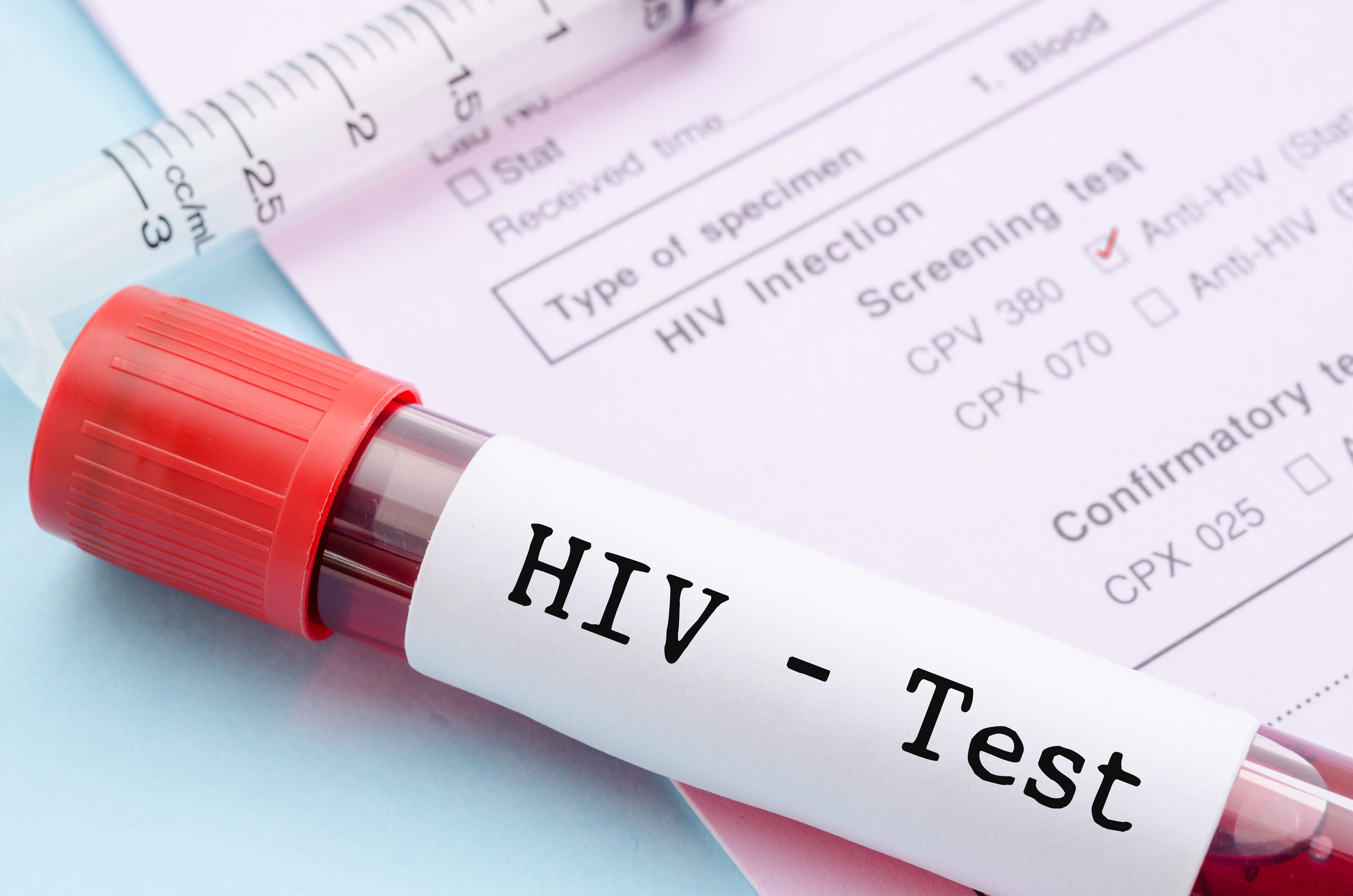
HIV Prevention and Linkage to Care among People with Disabilities (R3)
In the U.S., approximately 1.2 million individuals over age 13 are people living with HIV (PLWH). Despite achievements in advancing screening and linkage to care, a number of PLWH never receive a diagnosis. PLWH who are undiagnosed do not have the opportunity to receive medical advancements to lengthen and improve their quality of life and could unknowingly transmit the disease to others.
People with disabilities are more likely to engage in higher risk sexual behavior and have an STI but disparities in HIV prevention and linkage to care remain largely unexplored. Understanding outcomes in HIV prevention and diagnosis at the intersection of disability and other social determinants of health (e.g., stigma, racism) is imperative to reducing HIV diagnostic delay and improving prevention and care outcomes.
Research project R3 is focused on HIV prevention and testing center accessibility among community-based organizations. The experience of R3 project director Tyler G. James, PhD, MCHES® as an HIV testing, prevention, and linkage counselor in Florida inspired this project. He has spent a large part of his career advocating for people with disabilities living with HIV who experienced inaccessible health systems leading to poorer treatment engagement. As Dr. James explains, “Getting tested is the first step to getting diagnosed with HIV. Ensuring these testing centers are accessible to people with disabilities is necessary to ensure that these populations who are at-risk of HIV or living with HIV get the education and linkage to care they need to improve their personal health outcomes and help us reduce transmission of HIV.”
The two main goals of this project are:
- To assess multidimensional social inequity and its relationship with disability status and HIV prevention outcomes.
- To evaluate the accessibility of community-based HIV testing programs for PWDs.
